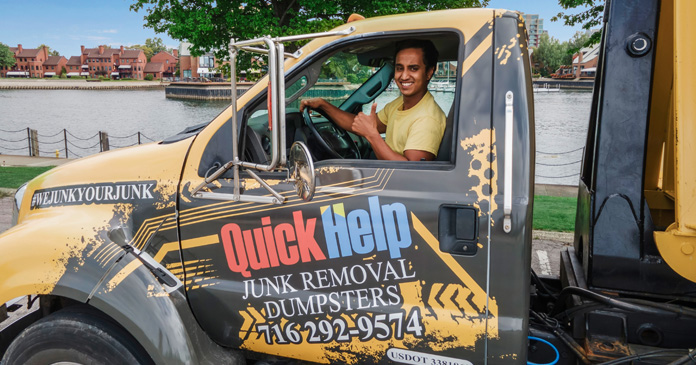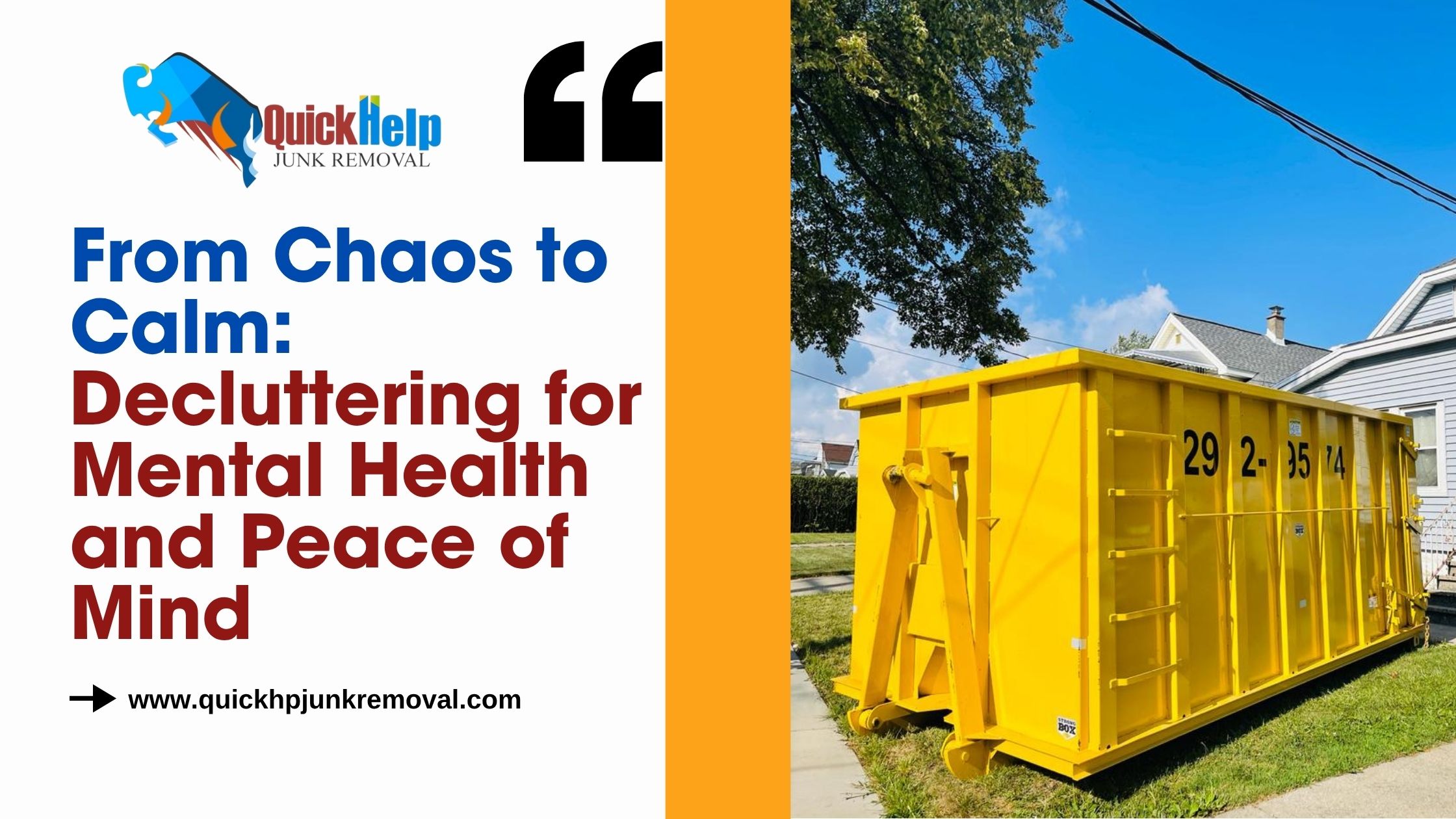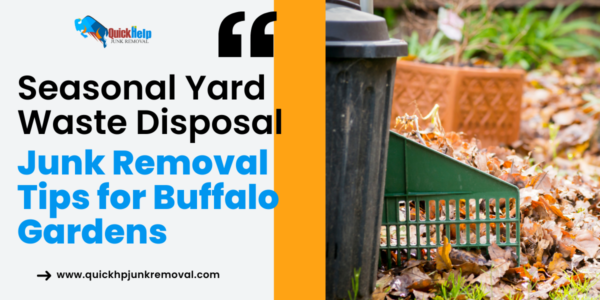Picture this: You walk into your home after a long, stressful day, hoping to find sanctuary and peace. Instead, you’re greeted by piles of papers on the counter, clothes draped over chairs, books stacked in corners, and that growing collection of “someday I might need this” items scattered throughout every room. Your shoulders tense up immediately. Your mind, already overwhelmed from the day, now has to process the visual chaos surrounding you.
Sound familiar? If you’re feeling mentally exhausted just reading that description, you’re not alone. Millions of people struggle with the hidden mental health burden of clutter, often without realizing just how profoundly their physical environment affects their psychological well-being.
What if there was a way to transform not just your living space, but your entire mental state, with one powerful yet simple action? The growing field of environmental psychology shows us that decluttering isn’t just about creating Instagram-worthy spaces—it’s about creating mental clarity, reducing anxiety, and fostering genuine peace of mind.
In a world where stress levels are at an all-time high and mental health challenges affect nearly everyone, decluttering has emerged as an accessible, immediate tool for emotional wellness. Let’s explore how transforming your physical space can become the foundation for transforming your mental landscape.
The Hidden Mental Health Crisis of Clutter
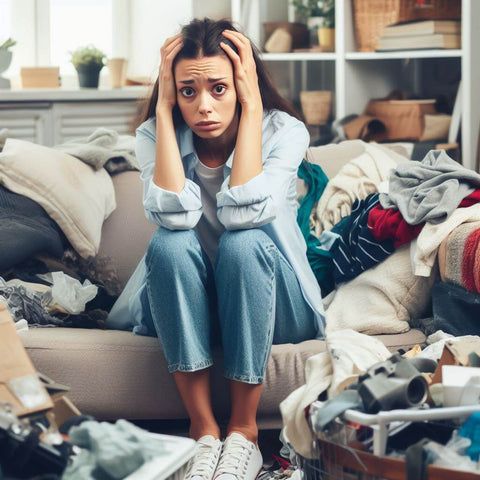
The Psychology Behind Physical Chaos
Research from UCLA’s Center on Everyday Lives and Families found that people living in cluttered homes have higher levels of cortisol—the stress hormone—throughout the day. When our brains are constantly processing visual information from disorganized environments, it creates a state of chronic low-level stress that we often don’t even recognize.
Dr. Sherrie Bourg Carter, psychologist and author, explains that clutter bombards our minds with excessive stimuli, inhibits creativity and productivity, and signals to our brains that our work is never done. This constant mental processing creates what researchers call “cognitive overload”—essentially, our brains become too busy managing the chaos to focus on what truly matters.
The Anxiety-Clutter Connection
Studies consistently show strong correlations between cluttered living spaces and increased anxiety levels. When we can’t find what we need, when our spaces feel overwhelming, or when we’re embarrassed about our homes, these feelings compound existing stress and create new sources of worry.
The visual chaos of clutter activates our sympathetic nervous system—the same system that triggers our fight-or-flight response. Living in this state of constant activation is exhausting and can contribute to feelings of helplessness, depression, and chronic anxiety.
The Shame Spiral Effect
Perhaps most damaging is the shame that often accompanies clutter. Many people feel embarrassed about their living spaces, avoid having guests over, and develop negative self-talk patterns about their organizational abilities. This shame creates a vicious cycle: the worse we feel about our clutter, the more overwhelming it becomes to address, leading to more accumulation and deeper shame.
What Makes Decluttering a Mental Health Game-Changer

Immediate Stress Relief
Unlike many mental health interventions that take weeks or months to show results, decluttering provides immediate psychological benefits. The act of organizing and clearing space activates the parasympathetic nervous system—our body’s natural relaxation response.
Within hours of decluttering a single room, many people report feeling calmer, more focused, and emotionally lighter. This immediate feedback creates positive momentum that can carry into other areas of life.
Sense of Control and Accomplishment
Decluttering provides something many people desperately need: a sense of control. In a world where so much feels chaotic and unpredictable, creating order in our personal spaces gives us agency and demonstrates our ability to create positive change.
Each bag of donations, each organized drawer, each cleared surface becomes tangible evidence of progress and capability. These small wins build confidence and self-efficacy that extends beyond organization into other life challenges.
Mental Clarity Through Physical Clarity
The connection between outer order and inner calm isn’t just metaphorical—it’s neurological. When our physical environment is organized, our brains can relax their constant scanning and processing of visual stimuli. This mental space then becomes available for creativity, problem-solving, and emotional processing.
Many people describe decluttering as “clearing mental fog” or “feeling like I can breathe again.” This isn’t just poetic language—it’s describing real neurological relief from cognitive overload.
The Science-Backed Benefits of Decluttering

Improved Sleep Quality
Bedroom clutter significantly impacts sleep quality. A study by the Sleep Foundation found that people with cluttered bedrooms were more likely to have sleep problems and experience nighttime anxiety. The visual chaos creates mental stimulation when our brains should be winding down.
Participants in decluttering studies consistently report improved sleep quality within days of organizing their bedrooms. The peaceful environment signals to the brain that it’s safe to rest and recover.
Enhanced Focus and Productivity
Princeton Neuroscience Institute researchers found that physical clutter in your surroundings competes for your attention, decreasing performance and increasing stress. When participants worked in organized versus disorganized environments, their ability to focus and process information improved dramatically in the organized spaces.
This research explains why many people feel more productive and creative after decluttering their workspaces—their cognitive resources are no longer divided between their tasks and processing environmental chaos.
Reduced Decision Fatigue
Every item in our environment represents a micro-decision: where does it belong, what should I do with it, is it useful? In cluttered spaces, we’re making hundreds of these micro-decisions daily, leading to decision fatigue.
Decluttering eliminates many of these decisions, freeing up mental energy for more important choices. People often report feeling less mentally exhausted and more decisive after organizing their spaces.
Improved Emotional Regulation
Clean, organized environments support better emotional regulation. When we’re not constantly managing environmental stress, we have more emotional resources available for processing feelings, handling challenges, and maintaining relationships.
Studies show that people in organized environments are more likely to choose healthy foods, exercise regularly, and engage in self-care behaviors—all crucial components of mental health maintenance.
The Emotional Journey of Letting Go
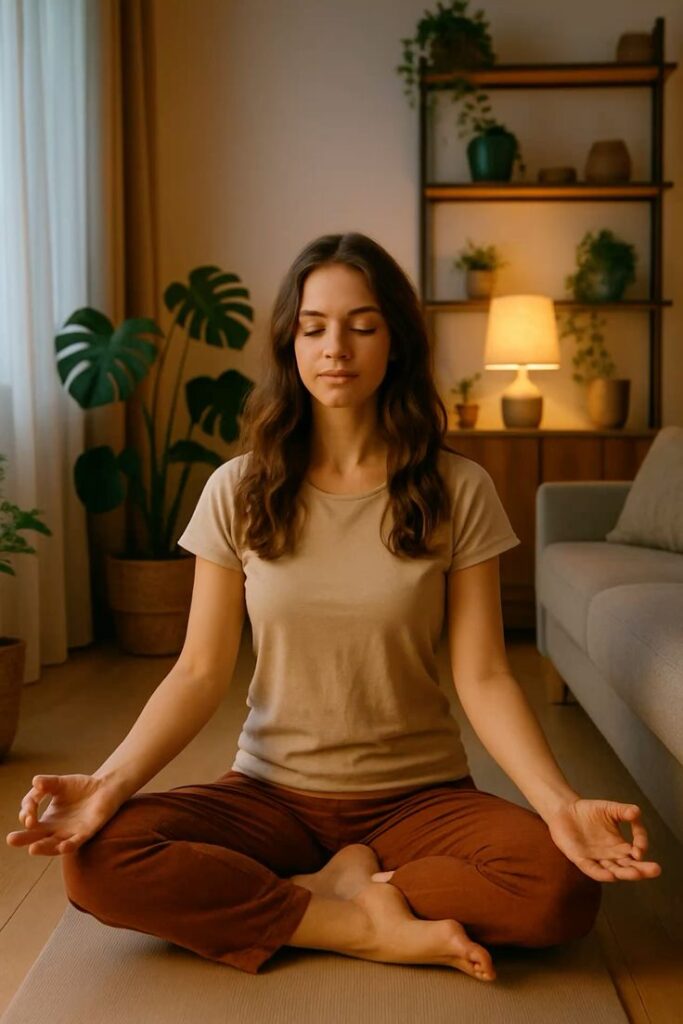
Confronting Attachments
Decluttering isn’t just about moving objects—it’s about examining our emotional attachments to possessions. Many items carry memories, represent aspirations, or provide security through their presence. Learning to evaluate these attachments mindfully is a powerful exercise in emotional awareness.
The process of deciding what to keep, donate, or discard becomes a practice in values clarification. What matters most? What supports your current life versus what represents past or future versions of yourself?
Processing Grief and Loss
For many people, possessions represent connections to deceased loved ones, past relationships, or former versions of themselves. Decluttering can bring up grief, which is a normal and healthy part of the process.
Professional organizers and therapists often work together to help people navigate the emotional aspects of letting go while still achieving the mental health benefits of organized spaces.
Building Decision-Making Skills
Each decluttering decision—keep, donate, or discard—strengthens decision-making muscles. People often find that after decluttering projects, they feel more confident making decisions in other areas of their lives.
This improved decision-making ability contributes to overall mental health by reducing the anxiety and paralysis that can come with feeling overwhelmed by choices.
Creating Sustainable Systems for Long-Term Peace

The Psychology of Maintenance
Decluttering isn’t a one-time event—it’s about creating systems that support ongoing mental wellness. Understanding the psychology behind why spaces become cluttered helps in developing sustainable organizational systems.
Many people accumulate clutter during periods of stress, depression, or major life changes. Recognizing these patterns allows for proactive strategies and self-compassion during challenging times.
Mindful Consumption Practices
True decluttering peace comes not just from removing excess but from being intentional about what enters your space. Developing mindful consumption habits—pausing before purchases, considering emotional versus practical needs, and focusing on quality over quantity—supports long-term mental clarity.
This mindfulness practice often extends beyond possessions to other areas of life, including relationships, commitments, and information consumption.
Building Daily Rituals
Small, daily organizing rituals—making the bed, doing dishes after meals, putting items back in their designated places—maintain the mental health benefits of decluttering. These rituals become anchoring practices that provide stability and control in daily life.
Research shows that people who maintain organized environments report more consistent mood, better stress management, and increased overall life satisfaction.
The Ripple Effects on Relationships and Social Life
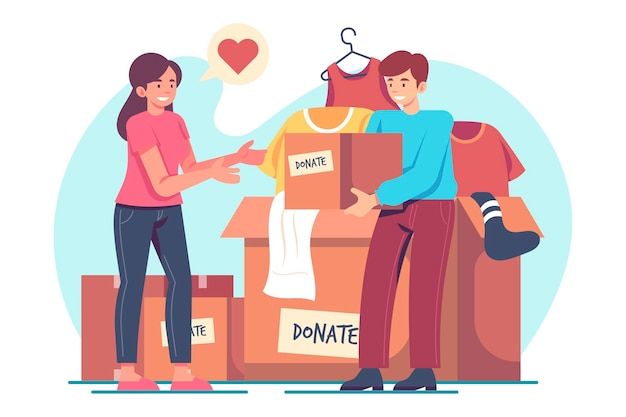
Hospitality and Connection
One of the most significant social benefits of decluttering is the increased willingness to invite others into your space. Many people with cluttered homes avoid hosting friends or family, leading to social isolation that compounds mental health challenges.
Organized, welcoming spaces naturally encourage connection and hospitality. People often report that decluttering led to more dinner parties, game nights, and casual visits from friends—all crucial components of mental wellness.
Modeling Healthy Behaviors
For parents, decluttering provides an opportunity to model healthy relationship with possessions and demonstrate that our environment affects our well-being. Children who grow up in organized environments often develop better emotional regulation and organizational skills.
Reducing Relationship Stress
Clutter is a common source of relationship conflict. Different organizational styles, accumulation habits, and definitions of “clean” can create ongoing tension between partners or family members.
Decluttering together, when approached with patience and communication, can actually strengthen relationships by creating shared goals and accomplishments while reducing daily sources of friction.
Professional Support and When to Seek Help
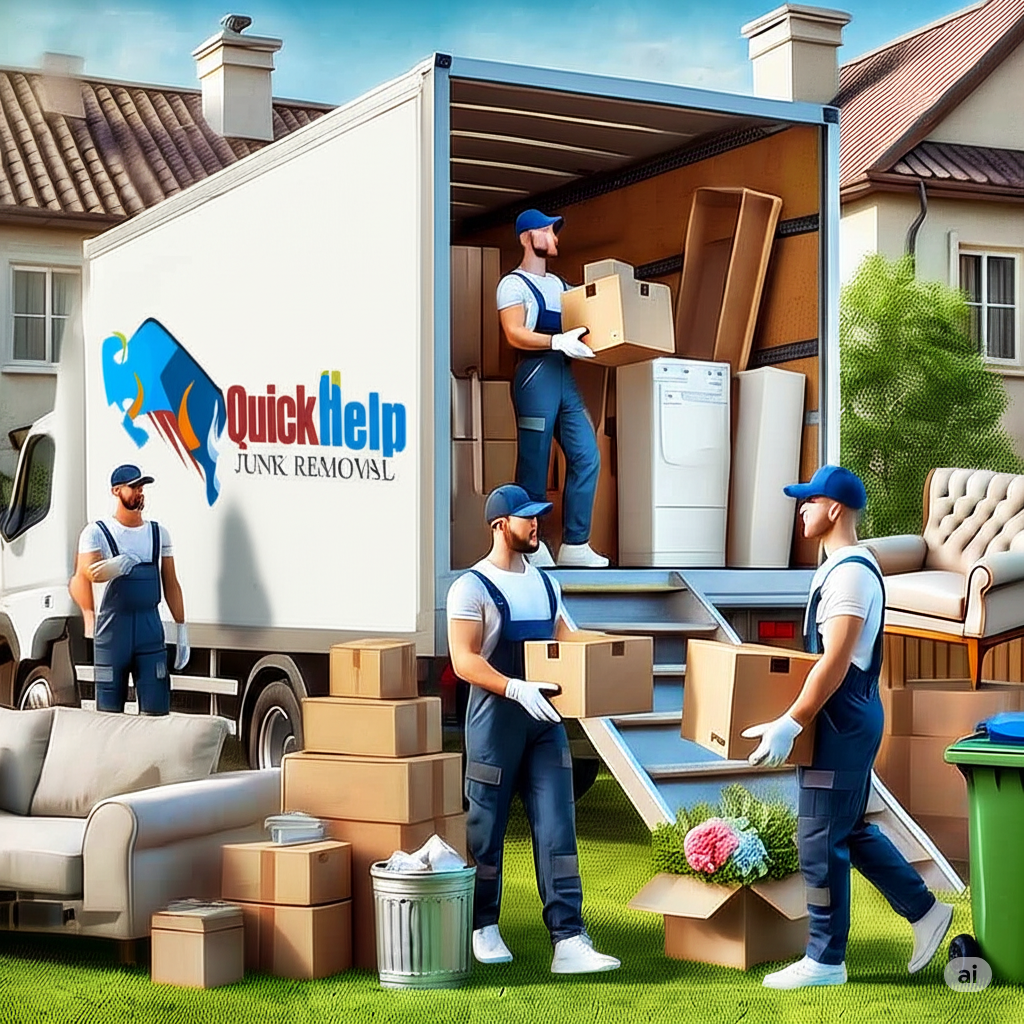
Recognizing When Clutter Indicates Deeper Issues
While normal clutter responds well to decluttering efforts, excessive accumulation might indicate underlying mental health conditions like depression, anxiety, ADHD, or hoarding disorder. Understanding when to seek professional help is crucial for both safety and effective treatment.
Signs that suggest professional support might be needed include: inability to use rooms for their intended purpose, safety hazards, social isolation due to home conditions, or extreme distress when attempting to declutter.
The Role of Professional Organizers
Professional organizers trained in mental health sensitivity can provide valuable support for people who feel overwhelmed by decluttering projects. They offer non-judgmental assistance, practical systems, and accountability that makes the process more manageable.
Many organizers now collaborate with therapists to address both the practical and emotional aspects of decluttering, creating comprehensive support for mental wellness.
Therapeutic Approaches
Several therapeutic approaches incorporate environmental organization as part of mental health treatment. Cognitive-behavioral therapy often addresses the thought patterns that contribute to clutter accumulation, while mindfulness-based interventions help people develop healthier relationships with possessions.
Some therapists specialize in hoarding treatment and can provide specific strategies for people whose accumulation patterns significantly impact their mental health and daily functioning.
The Decluttering Process: A Step-by-Step Mental Health Approach

Starting Small for Psychological Safety
The key to successful decluttering for mental health is starting small enough to ensure success. Beginning with overwhelming spaces often recreates the stress we’re trying to eliminate. Instead, start with a single drawer, one shelf, or a small corner.
This approach builds confidence and demonstrates that change is possible without creating additional overwhelm. Each small success creates positive momentum for larger projects.
The Emotional Preparation Phase
Before touching a single item, spend time visualizing how you want to feel in your space. What would peace of mind look like in your environment? How would reduced stress change your daily experience?
This emotional preparation helps maintain motivation during challenging moments and provides a clear vision of the mental health benefits you’re working toward.
Sorting with Self-Compassion
As you sort through possessions, practice self-compassion about past decisions. Every item you purchased or kept made sense at the time based on your circumstances and understanding. Judging past choices only adds unnecessary emotional burden to the process.
Focus on making decisions based on your current life and values rather than dwelling on why you accumulated certain items.
Creating Boundaries and Systems
Sustainable decluttering requires creating boundaries—both physical boundaries like designated spaces for items and emotional boundaries like limits on accumulation. These boundaries support ongoing mental health by preventing the return of overwhelming clutter.
Develop systems that match your natural habits and energy levels rather than trying to maintain organizational methods that feel foreign or exhausting.
The Mindfulness Connection

Decluttering as Meditation
The repetitive, focused nature of organizing can become a form of meditation. Sorting, folding, and arranging require present-moment attention that naturally quiets anxious or racing thoughts.
Many people find that decluttering sessions provide the same mental benefits as formal meditation practice—reduced stress, increased awareness, and a sense of calm centeredness.
Gratitude and Appreciation
Decluttering provides natural opportunities for gratitude practice. As you handle items that have served you well, express appreciation before letting them go. This gratitude practice shifts the emotional tone of decluttering from loss to appreciation.
Recognizing the abundance in your life—even abundance you’re ready to release—cultivates positive emotions that support overall mental wellness.
Present-Moment Awareness
Clutter often represents either past attachments or future fears. The physical act of decluttering requires present-moment decision-making that grounds you in current reality rather than past regrets or future anxieties.
This present-moment focus naturally reduces rumination and worry while building tolerance for uncertainty—crucial skills for mental health maintenance.
Digital Decluttering for Mental Peace
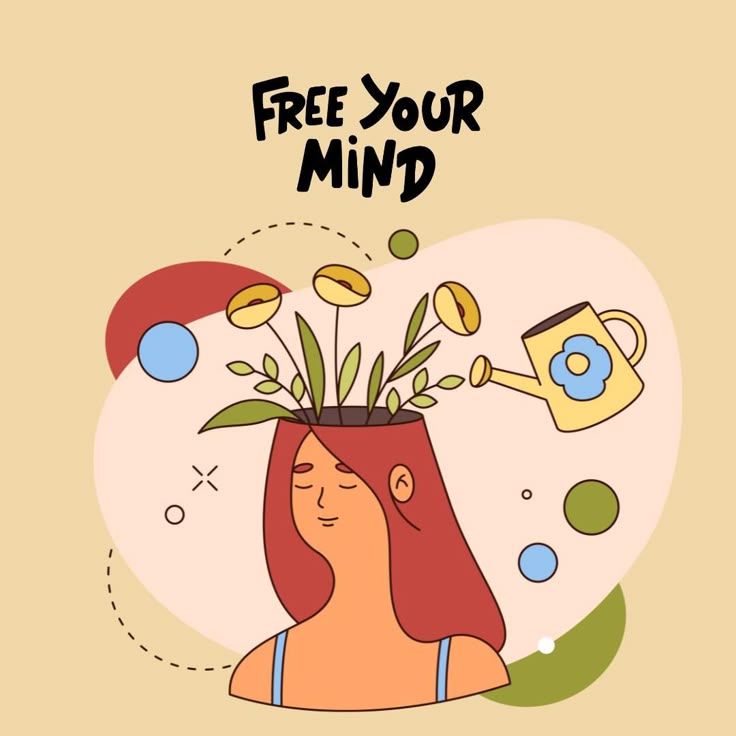
The Hidden Stress of Digital Clutter
Physical clutter isn’t the only environmental factor affecting mental health. Digital clutter—overwhelming email inboxes, thousands of photos, cluttered desktops, and excessive app notifications—creates similar cognitive overload.
Studies show that people who organize their digital environments experience reduced anxiety and improved focus similar to those who declutter physical spaces.
Information Overwhelm
The constant stream of information from social media, news, and digital content creates mental clutter that affects peace of mind. Decluttering digital consumption—unfollowing stressful accounts, limiting news intake, and curating positive content—supports mental wellness.
Many people find that digital decluttering has even more immediate mental health benefits than physical organizing because it addresses the constant stimulation that prevents mental rest.
Creating Digital Boundaries
Just as physical spaces need boundaries, digital environments require limits to support mental health. This might include notification settings, app usage limits, or designated tech-free zones and times.
These boundaries protect mental energy and create space for activities that actively support well-being rather than drain it.
The Long-Term Mental Health Investment
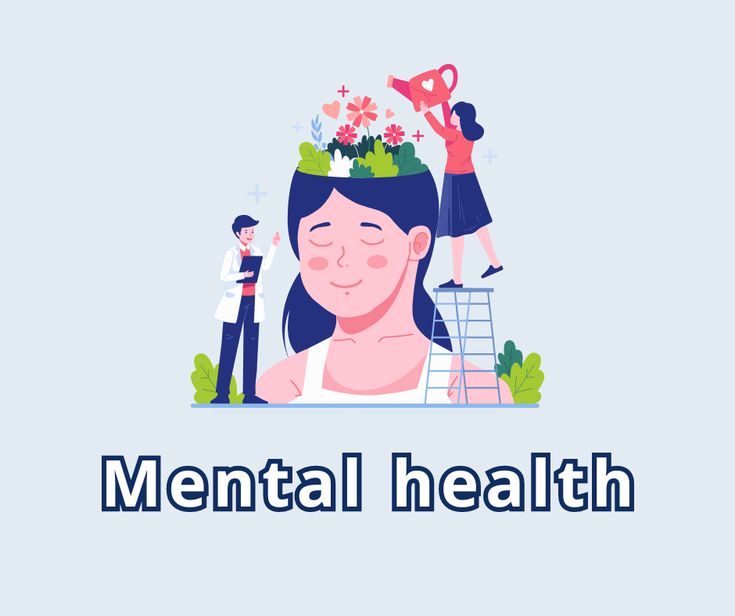
Building Resilience Through Order
Organized environments provide stability and predictability that support resilience during challenging times. When external circumstances feel chaotic, having control over our immediate environment becomes even more psychologically important.
People who maintain organized spaces often report feeling better equipped to handle stress, crisis, and unexpected challenges because they have one area of life that feels manageable and stable.
Supporting Other Wellness Practices
Decluttered spaces naturally support other mental health practices. Clean kitchens encourage healthy cooking, organized bedrooms promote better sleep, clear living spaces invite exercise or meditation, and tidy offices support productive work.
The environmental support for wellness behaviors creates positive cycles that reinforce overall mental health improvements.
Identity and Self-Efficacy
Successfully creating and maintaining organized spaces builds self-efficacy—the belief in your ability to achieve goals and create positive change. This confidence extends beyond organization to other areas of life, supporting overall mental resilience.
Many people describe decluttering as a turning point that helped them believe in their ability to make other positive life changes.
Measuring Your Mental Health Progress
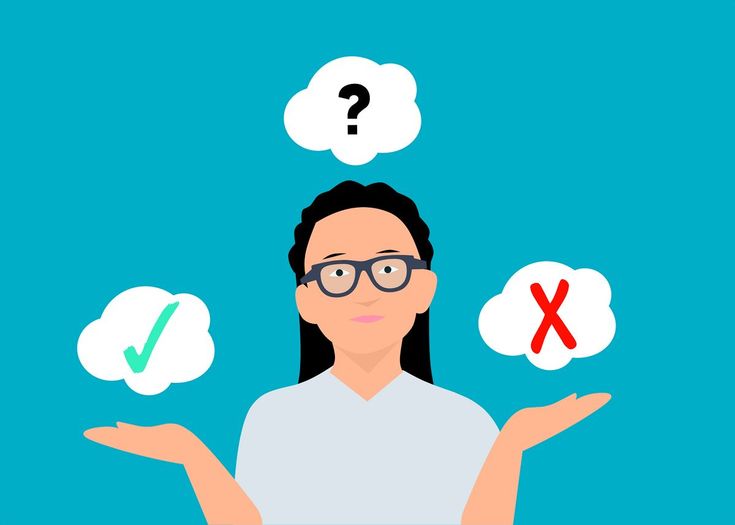
Tracking Emotional Changes
Keep a simple mood journal during your decluttering journey. Notice changes in stress levels, sleep quality, energy levels, and overall emotional well-being. These concrete measures help you recognize the mental health benefits of your efforts.
Many people are surprised by how quickly and significantly their emotional state improves with environmental changes.
Celebrating Small Wins
Acknowledge every decluttering victory, no matter how small. Each organized drawer, donated bag, or cleared surface represents progress toward better mental health. Celebrating these achievements reinforces the positive connection between environmental change and emotional well-being.
Recognizing Behavioral Changes
Notice changes in other areas of your life as your environment becomes more organized. Are you sleeping better? Feeling more creative? Inviting friends over more often? These behavioral changes indicate that the mental health benefits of decluttering are extending into other areas of your life.
Creating Your Personal Decluttering Mental Health Plan
Assessing Your Starting Point
Honestly evaluate your current environment and its impact on your mental health. Which spaces cause the most stress? Where do you feel most overwhelmed? Starting with awareness helps you prioritize your decluttering efforts for maximum mental health benefit.
Setting Realistic Goals
Create decluttering goals that support rather than stress your mental health. This might mean organizing one small area per week rather than attempting massive overhauls that recreate overwhelm.
Building Support Systems
Consider who can support your decluttering journey. This might include family members, friends, professional organizers, or online communities focused on organization and mental wellness.
Integrating with Overall Wellness
View decluttering as one component of your overall mental health strategy alongside other practices like exercise, therapy, meditation, or social connection. This integrated approach maximizes the psychological benefits of environmental organization.
Conclusion: Your Path from Chaos to Calm
Decluttering for mental health isn’t about achieving perfection or creating magazine-worthy spaces. It’s about creating environments that support your psychological well-being, reduce stress, and foster peace of mind. The connection between our external and internal worlds is profound, and by thoughtfully organizing our physical spaces, we create conditions for emotional calm and mental clarity.
The journey from chaos to calm isn’t always linear, and it doesn’t happen overnight. There will be setbacks, overwhelming moments, and times when life circumstances make maintenance challenging. That’s not failure—that’s normal human experience. The key is approaching decluttering with self-compassion, realistic expectations, and recognition that small, consistent efforts create lasting change.
Remember that every item you mindfully choose to keep or release, every system you create, and every moment of peace you feel in your organized space is an investment in your mental health. You’re not just moving objects—you’re creating space for the life you want to live and the person you want to be.
Your mental health matters, and you deserve to live in an environment that supports rather than undermines your well-being. Start small, be patient with yourself, and trust that each step toward organization is a step toward greater peace of mind.
The transformation from chaos to calm is within your reach. Your future self—calmer, more focused, and genuinely at peace in your own space—is waiting for you to take the first step. Begin today, begin small, but begin. Your mental health will thank you.
How Quick Help Junk Removal Supports Your Mental Health Journey

At Quick Help Junk Removal, we understand that decluttering is about much more than just moving items—it’s about creating space for peace of mind and emotional well-being. That’s why we approach every job with sensitivity and respect for the personal journey you’re undertaking.
Our compassionate team works efficiently and discreetly, allowing you to focus on the emotional aspects of letting go while we handle the physical work. We also ensure that your decluttering efforts contribute to community good by donating usable items to local charities whenever possible.
When you’re ready to transform your space and support your mental health, we’re here to help make the process as smooth and stress-free as possible.
📞 Call or text us at (716) 292-9574
🌐 Learn more or book online: quickhpjunkremoval.com
#MentalHealthMatters #DeclutterForWellness #BuffaloJunkRemoval #QuickHelpJunkRemoval #FromChaosToCalm
